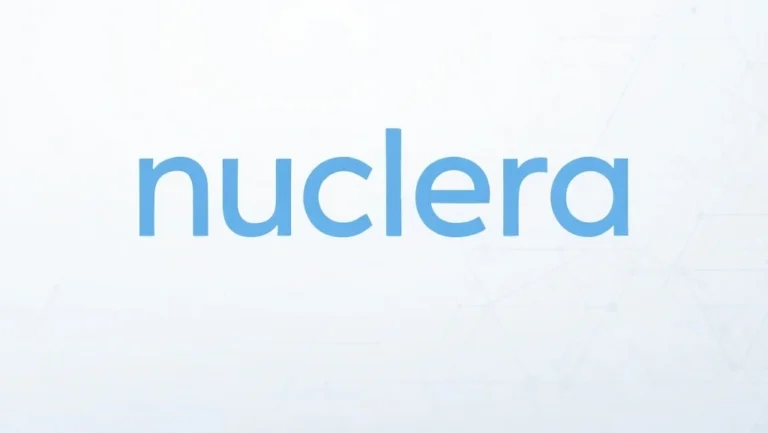
Merck, known as MSD outside of the United States and Canada, has announced the commencement of a Phase 3 clinical trial to evaluate MK-1084, an investigational oral selective KRAS G12C inhibitor, in combination with KEYTRUDA for the initial treatment of certain patients with metastatic non-small cell lung cancer (NSCLC). This trial targets patients whose tumors possess KRAS G12C mutations and express PD-L1 with a tumor proportion score (TPS) of 50% or higher.
Dr. Marjorie Green, Senior Vice President and Head of Oncology Global Clinical Development at Merck Research Laboratories, highlighted the significance of KRAS mutations in cancer, particularly KRAS G12C, which is prevalent in non-small cell lung cancer. Early evidence suggesting manageable safety and promising anti-tumor activity of MK-1084 in combination with KEYTRUDA has prompted the initiation of this larger Phase 3 trial.
The Phase 3 trial, registered as NCT06345729, is a randomized, double-blind, multicenter study comparing once-daily MK-1084 plus KEYTRUDA administered every three weeks versus KEYTRUDA plus placebo in previously untreated patients with KRAS G12C-mutated metastatic NSCLC and PD-L1 TPS ≥50%. Approximately 600 patients worldwide will be enrolled, with progression-free survival and overall survival as primary endpoints and objective response rate and duration of response as key secondary endpoints.
MK-1084 is currently under investigation in a Phase 1 multicenter trial (NCT05067283), assessing its safety, tolerability, pharmacokinetics, and efficacy as monotherapy and in various combination therapies for patients with KRAS G12C mutant advanced solid tumors. Preliminary data from this trial were presented at the European Society for Medical Oncology (ESMO) Congress in 2023.
The development of MK-1084 involves collaboration with Taiho Pharmaceutical Co. Ltd and Astex Pharmaceuticals (UK), a wholly owned subsidiary of Otsuka Pharmaceutical Co., Ltd., initiated in January 2020.
MK-1084, an investigational KRAS G12C covalent inhibitor, targets one of the most prevalent mutations in cancer, particularly in non-small cell lung cancer, pancreatic, urogenital, and colorectal cancers. The KRAS G12C mutation, occurring in approximately 14% of non-small cell lung cancers, has posed challenges for small molecule inhibitor development despite its therapeutic significance.
Lung cancer remains a significant global health burden, with NSCLC being the most common type. In 2022, there were approximately 2.4 million new cases and 1.8 million deaths globally. Despite advancements in detection, screening, and therapeutic approaches, lung cancer survival rates remain relatively low, emphasizing the need for continued research and innovative treatments.
Merck’s commitment to lung cancer research extends to nearly 200 clinical trials involving over 36,000 patients globally. KEYTRUDA, an anti-programmed death receptor-1 (PD-1) therapy, has six approved U.S. indications for NSCLC and is approved for advanced disease in over 95 countries. Merck’s ongoing research includes evaluating KEYTRUDA in earlier stages of lung cancer and exploring new combinations and formulations.
KEYTRUDA works by enhancing the body’s immune response against tumor cells and is being studied across a wide range of cancers and treatment settings in more than 1,600 ongoing trials worldwide.
In summary, Merck’s initiation of a Phase 3 trial for MK-1084 in combination with KEYTRUDA represents a significant advancement in the treatment landscape for metastatic NSCLC patients with KRAS G12C mutations, underscoring the company’s commitment to addressing unmet needs in lung cancer care.





